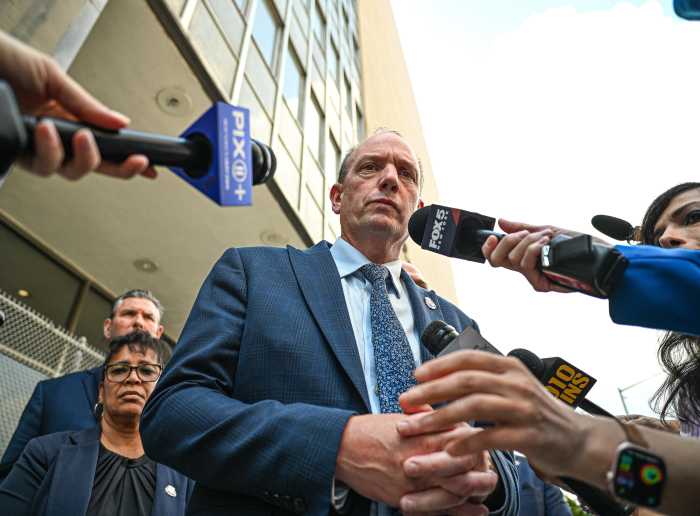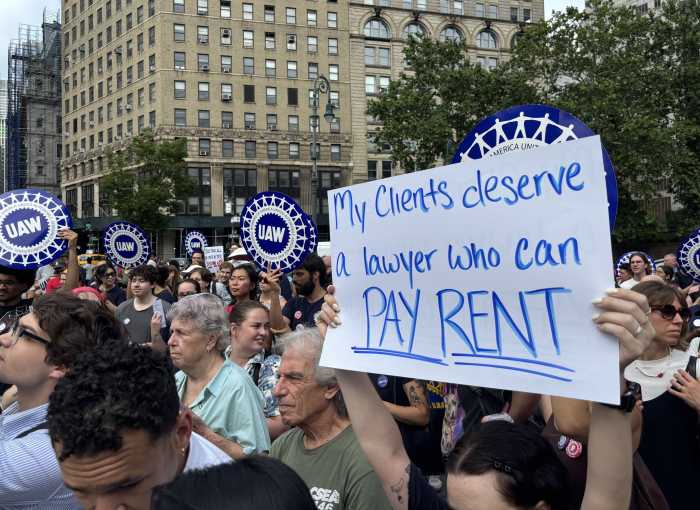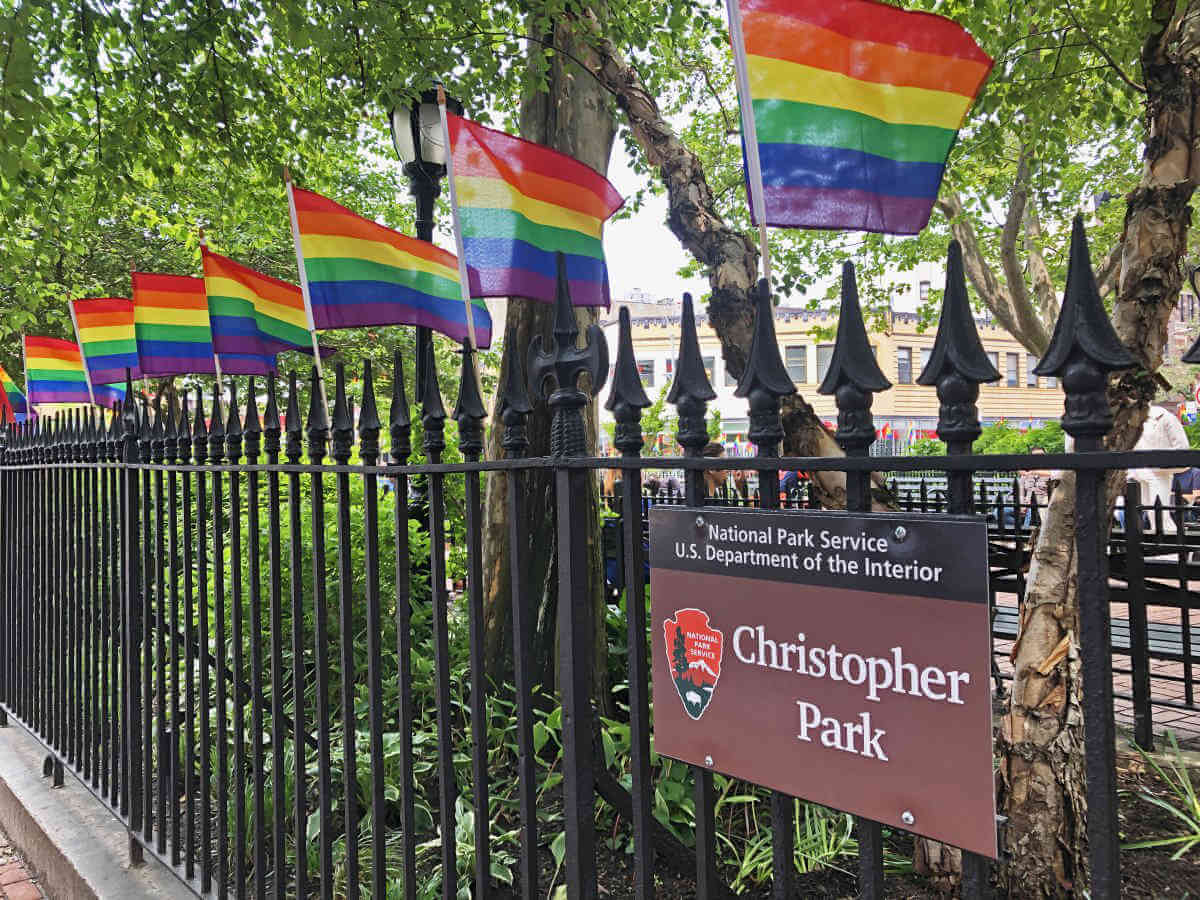The most tragic part of every construction death is that almost every single time the accident is preventable. Over the course of the past few years, New York City has seen success in making construction safety a foremost priority, implementing robust safety and worksite standards on private construction projects across the five boroughs.
Yet, every death on a construction site remains a tragedy, and serves as an example of another policy failure. Irresponsible contractors lining their pockets at the ultimate expense of imperiled workers.
In our work here at NYCOSH, we’ve found that a tell-tale sign of unsafe working conditions are whispers of wage theft violations against workers on private construction projects: the victimization of workers – who are often non-union, immigrant, and undocumented workers – through unpaid wages, overtime, and benefits. Dual exploitation.
Cases of wage theft are some of the most grotesque violations of the dignity of workers, undermining their livelihoods and well-being. These cases induce stress, anxiety, and fear on the worksite: an equation ripe for causing otherwise avoidable worksite accidents. On top of that, when we hear about cases of wage theft, alarm bells go off. Where there is wage theft there is almost always unsafe working conditions. We’ve found that nearly 80 percent of sites OSHA inspected with a history of wage theft also incurred safety violations.
Even worse, New York law isn’t on the side of these workers; it instead falls on the side of the irresponsible contractor.
Unlike in other states across the country, in New York, general contractors in the private construction industry are not held legally responsible for wage theft cases carried out by sub-contractors on their worksite. This setup provides construction workers few to no avenues to address the injustice, with sub-contractors often remaining judgment proof or operating as fly-by-night actors who can easily change the incorporation of their business to escape liability.
We’re only beginning to hold contractors with a record of safety violations accountable, and we’re quite a few steps behind other states who have ensured that workers who are victims of wage theft have a pathway to seeking justice.
Fortunately, critical legislation that has been passed by the State Assembly and is now making its way through the State Senate would finally put workers ahead of the interests of private contractors. S2766/A3350 would force accountability onto general contractors, making them jointly and severally liable for wage theft violations committed by subcontractors on construction sites.
Similar legislation has proven effective in other states across the country in protecting workers from wage theft, while also cleaning up the industry of repeated bad actors by encouraging general contractors to properly vet the sub-contractors they bring into their worksite.
Not only has this type of legislation been effective in other states, but here in New York, these same laws already exist on public construction projects, which are known to enforce more robust safety standards that protect both the safety and livelihoods of workers.
From our perspective, wage theft is a crime – it’s a form of workplace abuse, discrimination, and corruption. And, at NYCOSH, we fight crime in the construction industry. We’ve counted some $2 million in stolen wages on construction sites across the five boroughs in just the past two years. We’ve been fortunate to recover about $160,000 of those wages for workers we partner with.
But, that leaves $1.84 million more dollars stolen – and we know that only scratches the surface of how rampant this practice remains in New York’s private construction industry.
The longer we allow cases of wage theft to go unpunished, dangerous actors in the construction industry will remain operating on far too many of our worksites. It’s crucial for the safety of all New York construction workers that the Senate passes wage theft protection legislation immediately.
Charlene Obernauer is the executive director of the New York Committee for Occupational Safety and Health.






































